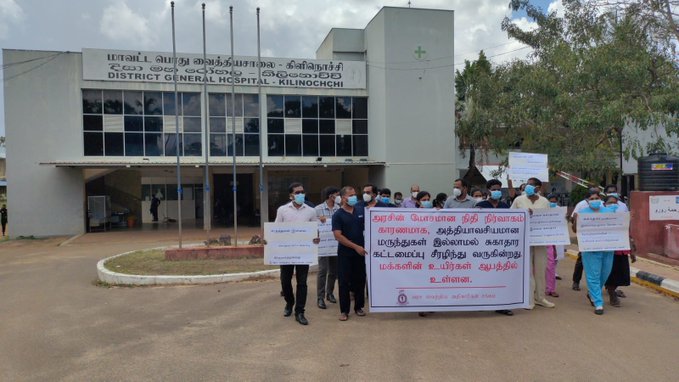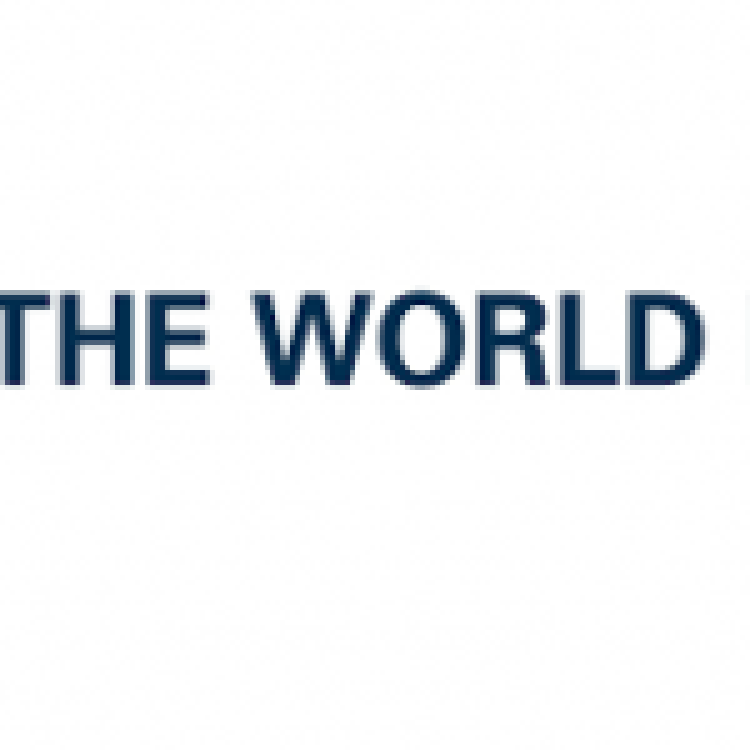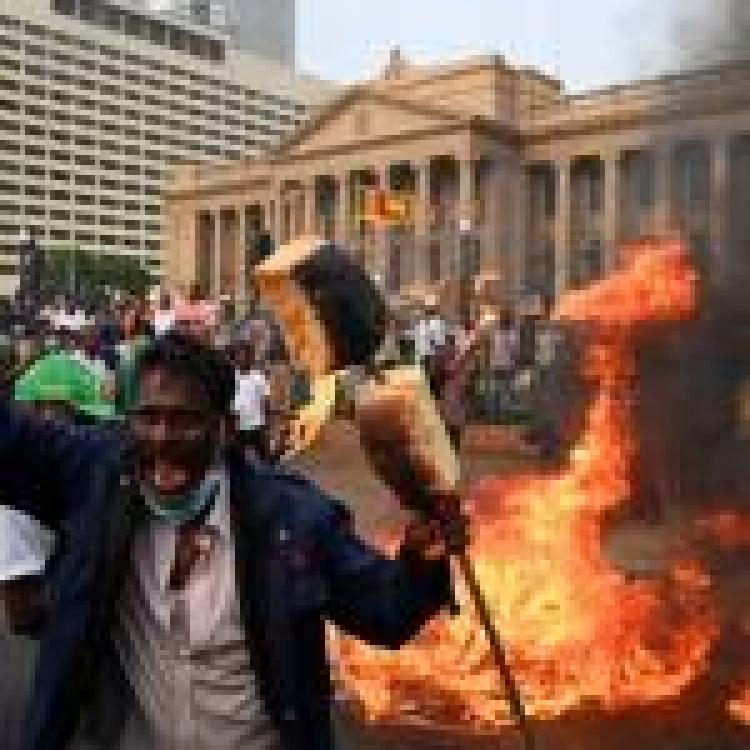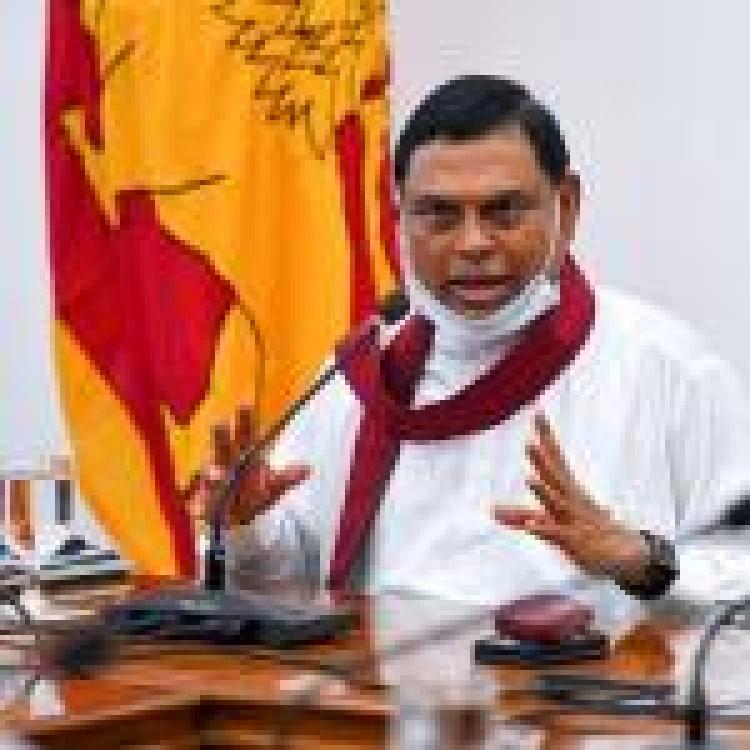The Sri Lankan Department of Government Information has stated that "there are no shortages of drugs and surgical equipment", despite widespread reports of shortages across hospitals around the island.
The Department of Government Information tweeted a statement last week stating that there no were no shortages, listing equipment numbers across hospitals in Colombo, despite the government reaching out to the World Bank to secure a USD $10 million line of credit to purchase drugs to address shortages.
2022.04.12
— Department of Government Information (@infodprtsl) April 12, 2022
?????????? ??????
"??? ?? ????? ????? ?????? ??" #Srilankan #Srilanka #lka #Lanka #Ceylon #DGI #Government #Information #Department #News #infodprtsl pic.twitter.com/QpP8kkbU7l
Critics were quick to point out that the government was spreading misinformation.
Fake news: No Shortage of Medicines or Surgical Equipment - Department of Government Information pic.twitter.com/hL2kROyZDH
— WatchDog (@TeamWatchDog) April 12, 2022
Earlier this month The Government Medical Officers' Association (GMOA), one of Sri Lanka's most powerful trade unions, declared a medical crisis as doctors and hospitals reported a widespread lack of medicine.
The GMOA accused the government of jeopardising Sri Lanka’s renowned universal healthcare system, which gives all citizens access to free state healthcare. “Both the government and health ministry have failed to prevent a complete breakdown of the medical system,” it said.
Healthcare across the island has been impacted by the current economic crisis. However, healthcare across the North-east has been chronically underfunded and increasingly militarised. The war crimes accused military have been running health clinics and dental clinics and taking over hospitals across the region. Hospitals across the northeast have consistently received support from the Tamil Diaspora to help source vital equipment.
Sri Lanka owes $7 billion in debt and interest payments for this year, with a sum of $1billion due in July. The dire financial state of the country has left the island unable to pay for imports including fuel, milk and paper. Last month, Sri Lanka announced that it would begin talks with the International Monetary Fund (IMF) to seek financial assistance to help resolve the crisis.
Newly appointed Finance Minister, Ali Sabry, who resigned from the post 24 hours after his appointment, returned to the position last week and announced that the island is looking to secure around $3 billion from the IMF to support its balance of payments in the next three years.
Sri Lankan officials are due to start talks with the IMF on April 18.
Feminist groups, primarily from the North-East have warned against IMF bailouts, citing that historically IMF debt restructuring entails austerity measures that will exacerbate existing inequalities.
"It is the wealth gathered by exploiting women’s labour that has been squandered. No one is held accountable for this loss. Instead, yet again, women are forced to bear the brunt of an economic crisis" the groups stated.
Sri Lanka’s lack of foreign currency reserves has had a devastating impact on the availability of medicine. More than 85% of pharmaceutical products in the country are imported, and these are paid for in US dollars. If dollars are not available then drugs cannot be bought. The Sri Lanka Chamber of Pharmaceutical Industry warned last month that 5% of drugs were out of stock and the problem was likely to worsen.





